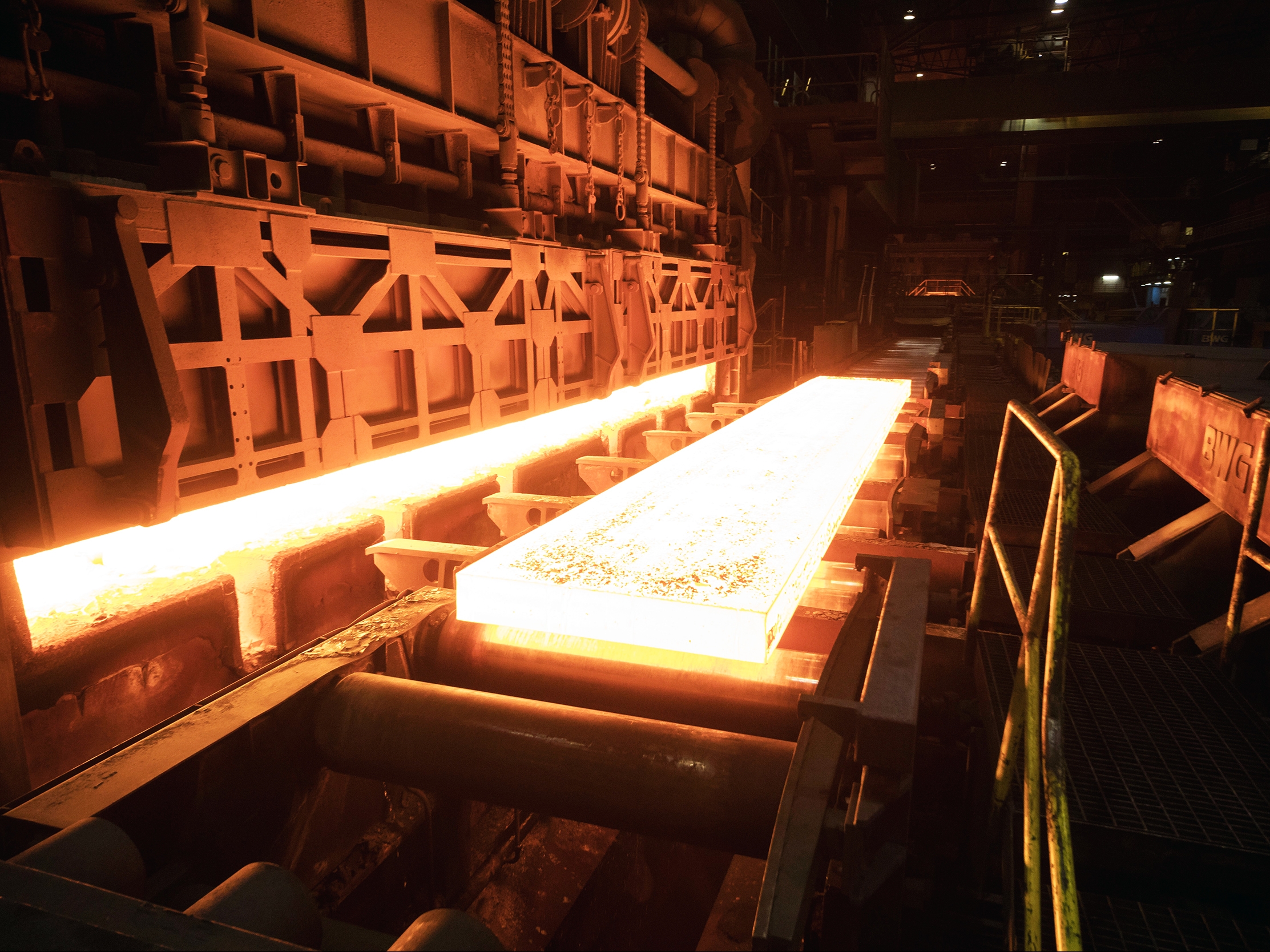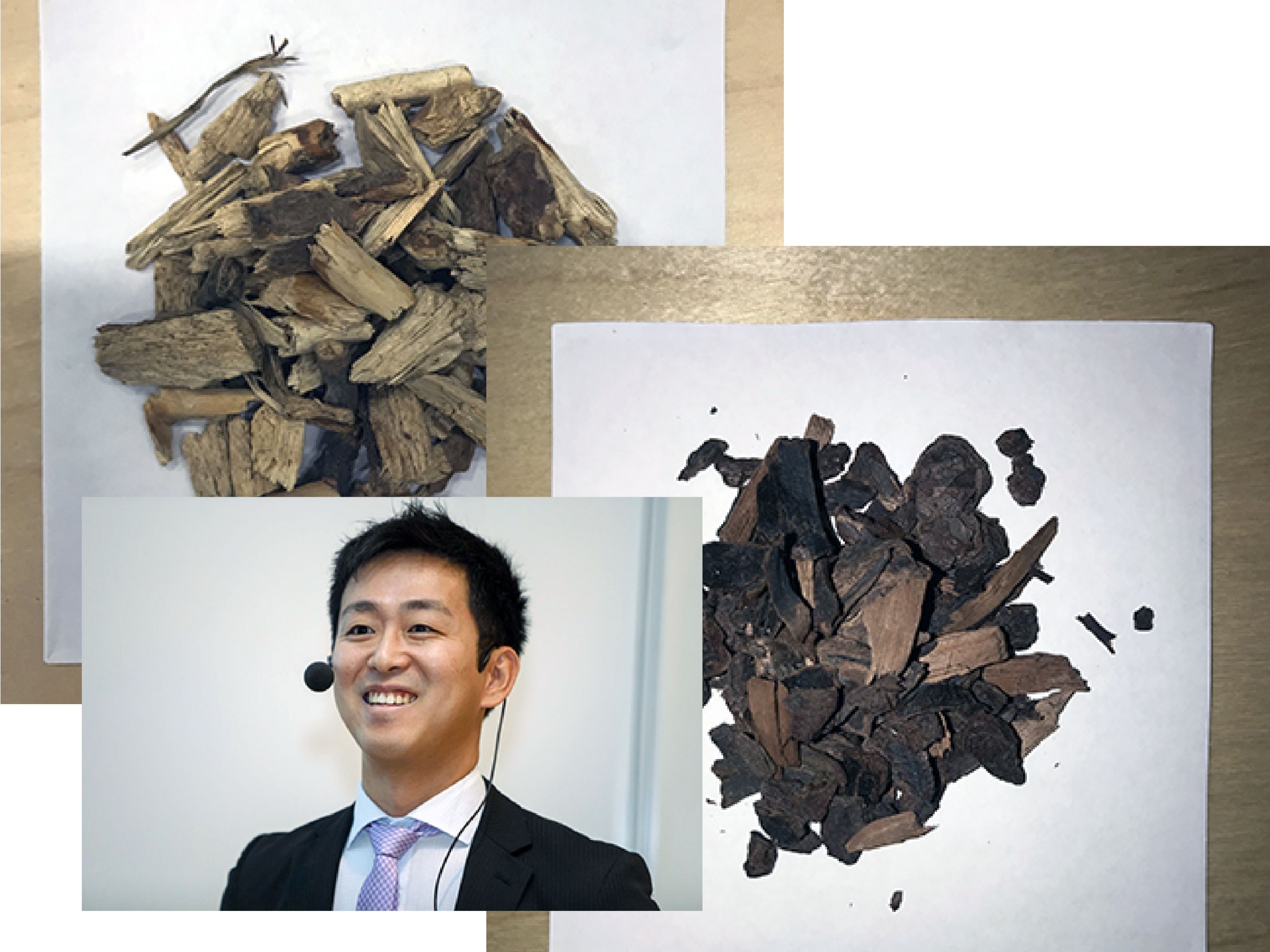Three-year Project Could Set Steelmaker Well on Way to Hydrogen-based Operations
Industry and academia are teaming up to enable a phase out of fossil fuels in Sweden-based steelmaking industry. Steelmaker SSAB will be collaborating with Luleå University of Technology (LTU) and the metal industry’s research institute Swerim.
After many years of preparatory work, and a multitude of projects, nearly SEK50 million (€4.1 million) will be invested over three years by the European Union and the Swedish Agency for Economic and Regional Growth, according to a press release from LTU. The feasibility of using biogenic carbon sources in hydrogen production is already being demonstrated in studies by Bio4Energy scientists and others.
However, the present project could give the industry a decisive push in laying bare an efficient and economically viable path ahead for transitioning from fossil coal to “green” hydrogen, using biocarbon.
“We [want to arrive at] the best way possible to implement biomass into the flow of steelmaking… We have to make an optimal overall process: An optimised value chain as a whole”, said Kentaro Umeki, professor at LTU Energy Technology.
Four Bio4Energy research leaders are involved. Umeki and Fredrik Granberg are experts at thermochemical conversion of biomass, while Joakim Lundgren and Andrea Toffolo will be collaborating with others to assess biomass availability and possibly also where best to localise facilities geographically for its pre-treatment.
“The industry wants to scale up. This is a push from them. They have several years to build a full-scale plant. They are discussing with engineers” about the way in which to go about it, Umeki said.
The overall project is called FINAST, which is the Swedish acronym for Research and Innovation in Norrbotten for Advanced Green Steel Production and Manufacture. It is headed up by professor Jens Hardell at LTU Machine Elements.
“I think that the FINAST project is a fantastic example of Bio4Energy and CH2ESS joining forces”, said professor Lundgren; with reference to LTU’s Centre for Hydrogen Energy Systems Sweden. It has the aim to integrate production, storage and transport of hydrogen in an optimal way and includes process integration in relation to the electrical power system.
Contacts
Kentaro Umeki, Bio4Energy Thermochemical Conversion, affiliation with Luleå University of Technology
Joakim Lundgren, Bio4Energy Systems Analysis and Bioeconomy, affiliation with Luleå University of Technology

 LTU
LTU Courtesy Kentaro Umeki. Collage by Anna Strom
Courtesy Kentaro Umeki. Collage by Anna Strom



